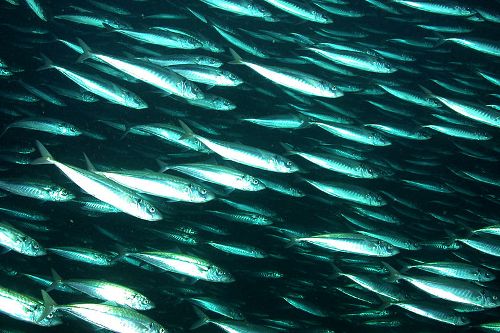Iceland has set its total allowable mackerel catch quota for this year at 147,547 metric tonnes.
The North Atlantic country set its quota unilaterally because it was left out of a three-way deal between Norway, the Faroe Islands and the European Union in March.
The EU pulled out of negotiations with Iceland in February because of a “lack of cooperation”. In the past Iceland, as one of the coastal states, has been part of the EU deals with Norway and the Faroe Islands.
Iceland’s quota is equal to just below 12 per cent of the three other parties. In the past, it has had between a 16 and 17 per cent share of the North Sea catch. The quota also means Iceland’s total allowable catch is 10,000 tonnes less than that of the Faroe Islands.
Iceland’s fisheries minister Sigurður Ingi Jóhannsson described the quota as “restrained and reserved”. He said they had been willing to renegotiate their share as one of the coastal states, insisting that first and foremost the EU and the coastal states should be working together to ensure the long-term sustainability of the mackerel stock. He added that Iceland was ready to be part of a “balanced arrangement based on scientific evidence”.
Iceland claimed it had a right to a bigger quota because in recent years its waters have seen a considerable increase in mackerel stocks. It noted that studies predicted 20-30 per cent of the total Northeast Atlantic mackerel stock is in Icelandic waters during the feeding season.

